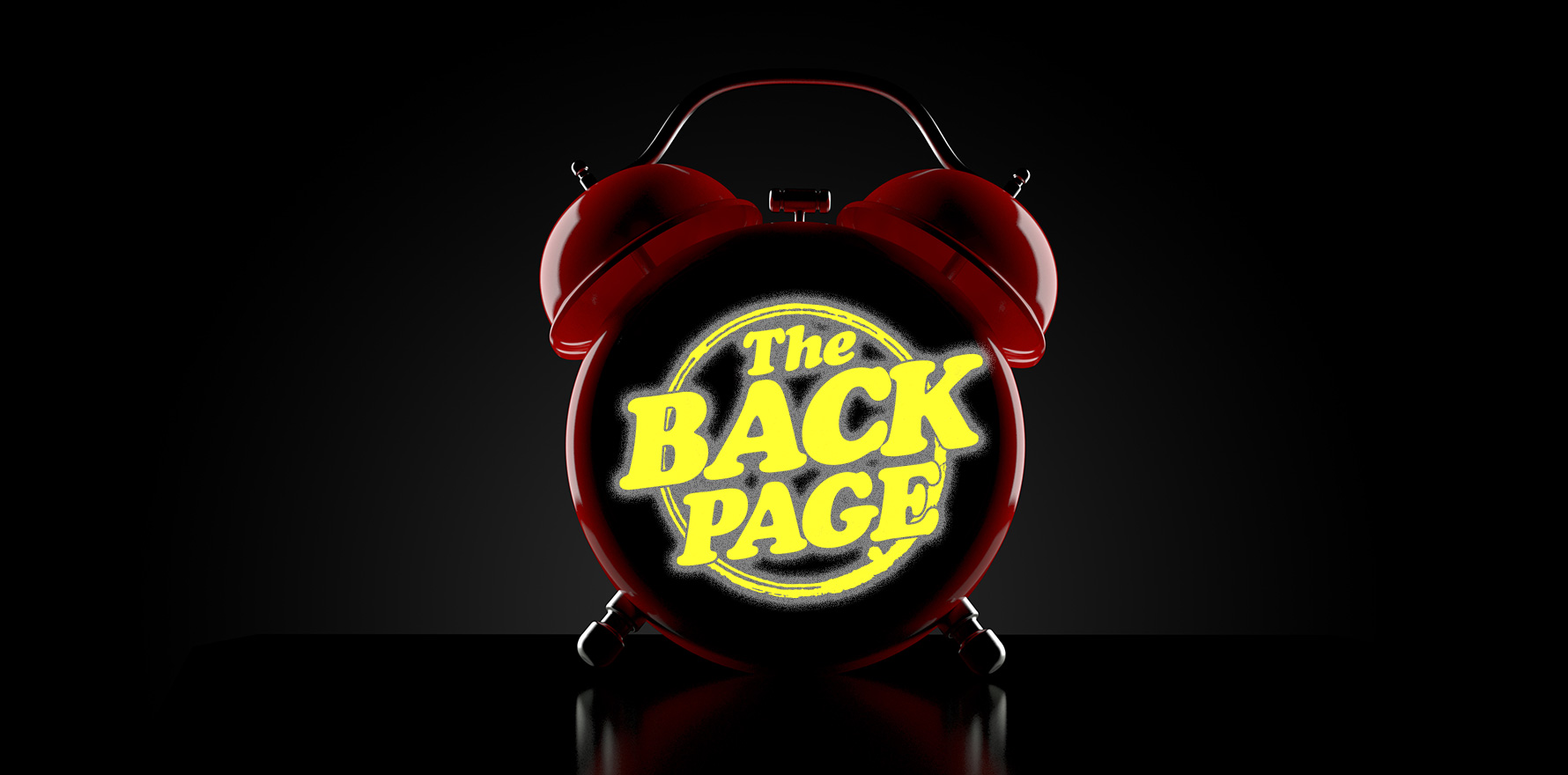There’s a lot of controversy, but not a huge amount of research, around the health benefits and harms of changing our clocks.
Not long now until the end of daylight savings here in the southern hemisphere. (Queensland, WA and the NT, talk among yourselves.)
It’s a topic that inspires no end of bickering around cows and curtains and kids’ bedtimes, though for your Back Page correspondent, it’s all about maths, in a very real and adrenergic sense. When you’ve been an hour late for an HSC maths exam, no matter how long ago, you have no need of the “fall back, spring forward” mnemonic to remember which way to wind.
But what do medical minds think of the twice-yearly back and forth of the clocks? And what’s better for us, daylight or standard?
According to a perspective piece in JAMA Network, medical organisations hate it, and dozens of them have come out in favour of permanent standard time.
That’s right: the doctors are coming for our summer evening sun. The Back Page likes our summer evening sun.
One representative of this position is the American Academy of Sleep Medicine, which in its 2020 position statement said the “acute transition … incurs significant public health and safety risks, including increased risk of adverse cardiovascular events, mood disorders, and motor vehicle crashes”.
Daylight savings time was the worse option to stick with, the AASM said, as it was less aligned with human biology and could lead to circadian misalignment, “which has been associated in some studies with increased cardiovascular disease risk, metabolic syndrome and other health risks”.
OK, if you put it that way, it means we’re getting up too early. The Back Page hates getting up too early.
The JAMA piece cites a recent US survey in which only 21% of people said they liked the constant switching back and forth, with 46% preferring to stick with summer settings – citing better mood, increased productivity later in the day, and reduced energy use – and only 33% preferring standard time.
But there’s not a huge amount of peer-reviewed research on the topic, the JAMA piece says, citing a few examples.
A large study of US fatal car crashes found a 6% increase in the week following the “spring forward” of the clocks, and not only in the mornings.
A Swedish study found a slightly elevated rate of acute MIs in the week after the change to summer time, and a Finnish study found slightly more people were hospitalised with ischaemic stroke in the two days following the change.
One interesting study, which did not look at daylight savings specifically, found cancer incidence increased from east to west across a time zone; the authors speculated that increasing circadian misalignment was the reason and posited circadian disruption as a “probably human carcinogen”.
One sleep specialist tells the perspective writer that “morning light is really needed to get going in the morning” and says people tend not to grasp that it’s a zero-sum game: what daylight savings giveth to one end of the day it taketh away from the other.
Another expert, a physics professor, says there’s no good reason to do away with the switching, but that to avoid risks associated with the transition we should creep, rather than spring, forward, “by waking up 15 minutes earlier each week beginning four weeks before the actual time change”. Sorry, Prof, but you’re talking through your elbow patches.
Last year the “Sunshine Protection Act”, which would have enshrined permanent daylight savings, passed the US Senate but was rebuffed by the House.
There was some talk of us following suit, but frankly the thought of a daylight savings law getting even that far here, given the ferocious polarisation across our wide brown land, is laughable.
We anticipate no change to the bittersweet ritual of winding back our watches at the end of March, the extra hour of sleep offset by the melancholy reminder that winter is coming and that time goose-steps relentlessly on.
Sending story tips to penny@medicalrepublic.com.au will not fade your curtains.


